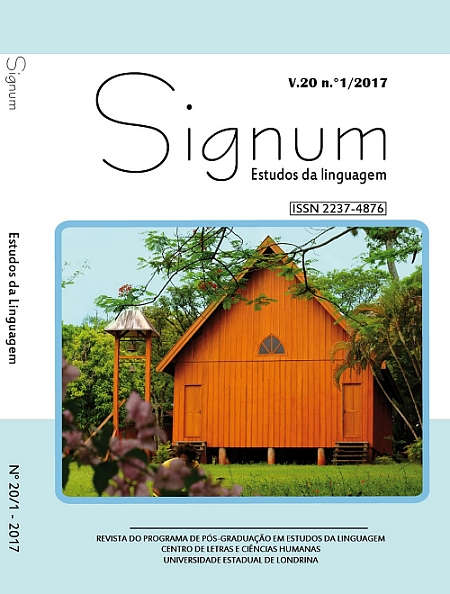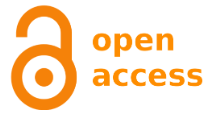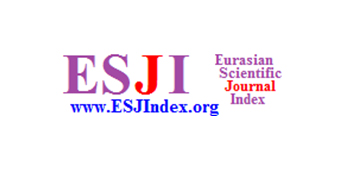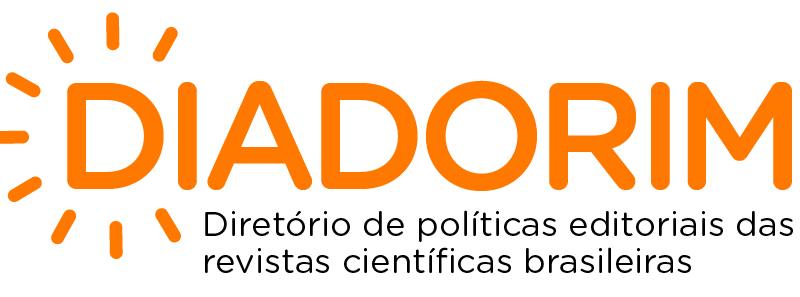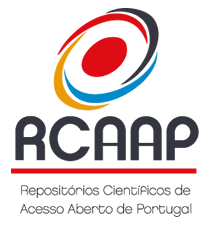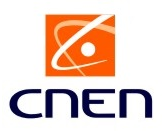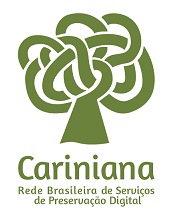Additional languages at high school from the zone of difference to the zone of transformation
DOI:
https://doi.org/10.5433/2237-4876.2017v20n1p167Keywords:
Additional Language, Heterogeneity, Sociocultural Theory.Abstract
We argue that traditional stereotypes of languages learners, such as non-native speakers, prejudices against the developing (additional) language and evaluation styles that focus only on content and skills, but fail to consider how people develop through their multiple experiences, can darken language practices that arise locally. These practices, when recognized, can become resources for the organization of learning and for the transformation in forms of participation in various contexts of everyday life. We note that transformations are mediated by locally situated communications and are open to interpretations. We also take the perspective that people can make use of "differentiated" language practices to participate in experiences with their emerging language and thus achieve their social objectives. We conclude that failure to recognize heterogeneity as a wealth is a great loss, but to recognize it and interpret it in real time is not a trivial accomplishment.Downloads
Download data is not yet available.
Downloads
Published
2017-05-06
How to Cite
TORRES, Ana Cecilia da Gama; LUCENA, Maria Inêz Probst. Additional languages at high school from the zone of difference to the zone of transformation. Signum: Estudos da Linguagem, [S. l.], v. 20, n. 1, p. 167–185, 2017. DOI: 10.5433/2237-4876.2017v20n1p167. Disponível em: https://ojs.uel.br/revistas/uel/index.php/signum/article/view/25223. Acesso em: 26 jan. 2026.
Issue
Section
Article
License
Copyright (c) 2017 Signum: Estudos da Linguagem

This work is licensed under a Creative Commons Attribution-NonCommercial-NoDerivatives 4.0 International License.
This journal reserves the right to make, in the originals, normative, orthographic and grammatical modifications in order to maintain the standard language and the credibility of the publication. It will respect, however, the authors' style of writing. Modifications, corrections and suggestions of conceptual order will be forwarded to the authors, if necessary. In these cases, the papers, once appropriate, should be submitted to a new appreciation. The final examinations will not be forwarded to the authors. Works published become property of Signum, being its total or partial reprint subject to an explicit authorization of the journal. In all subsequent quotes the original source of publication should be mentioned, in case, in Photographic Discourse. Opinions emitted by the authors are their exclusive responsibility.